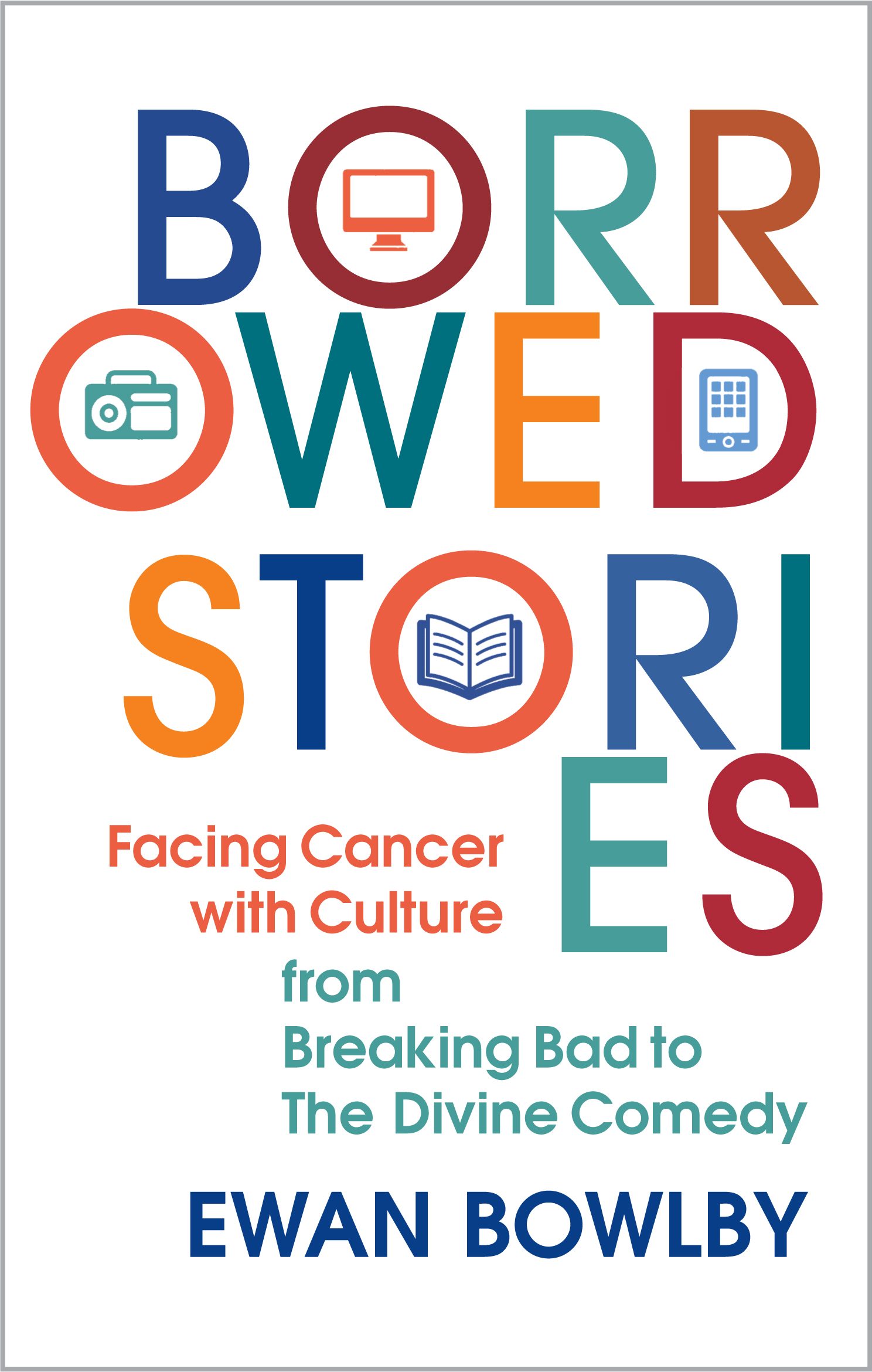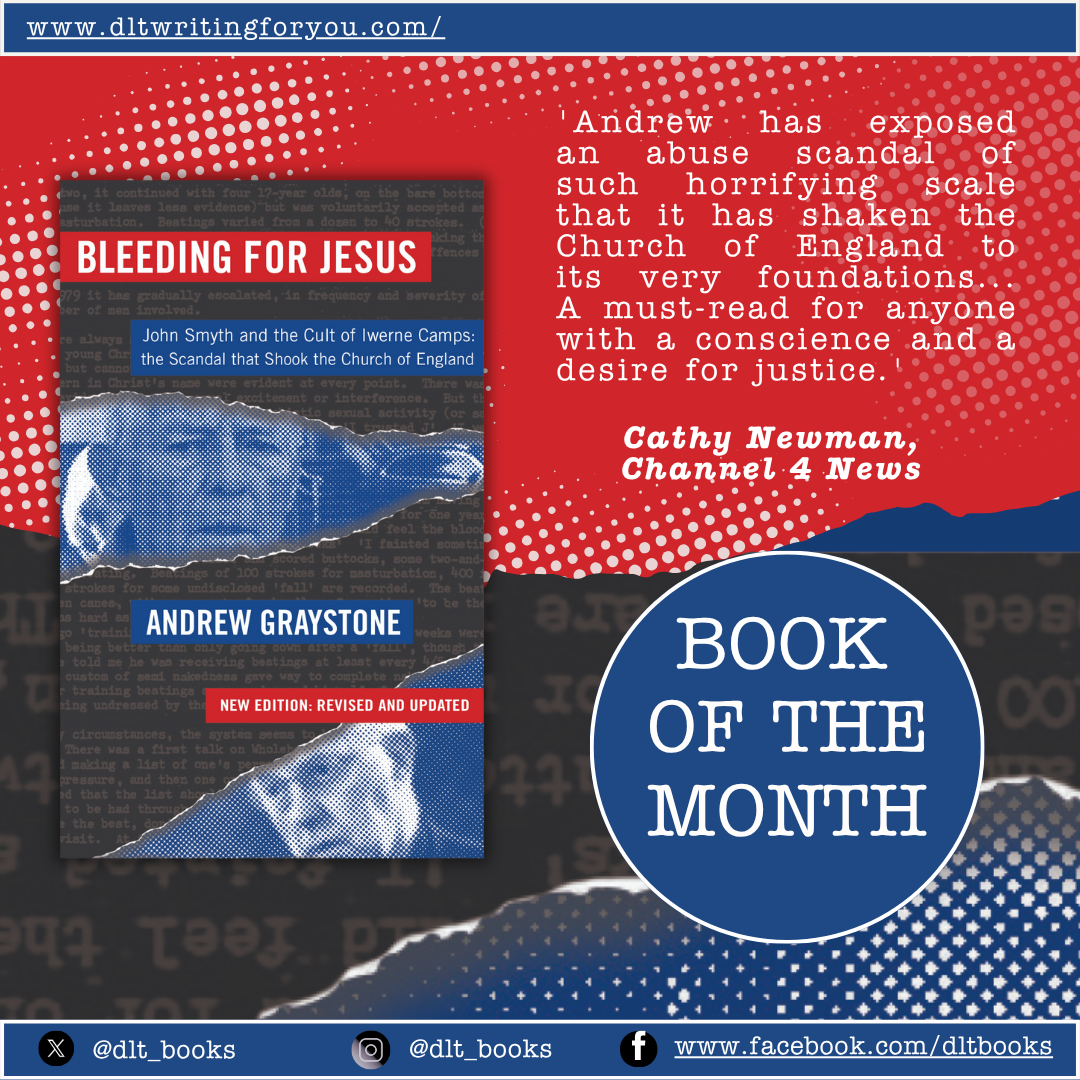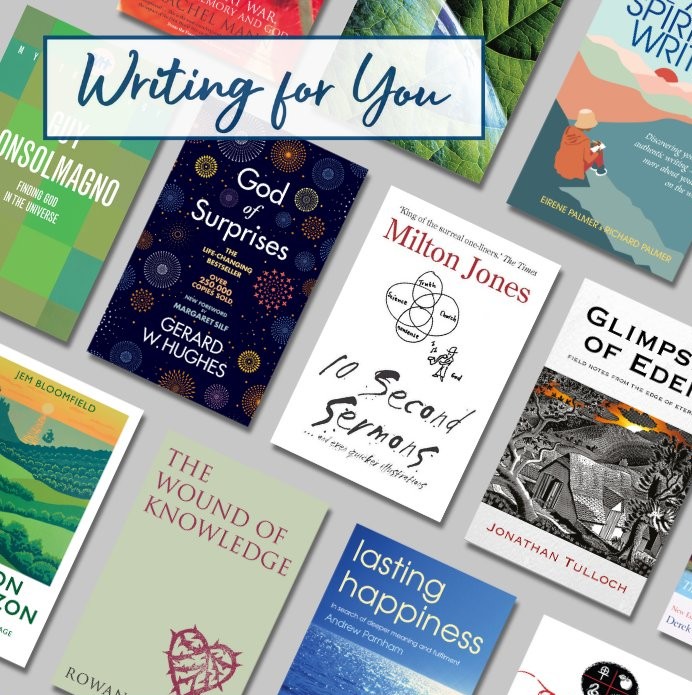Borrowed Stories
Facing Cancer with Culture – from Breaking Bad to The Divine Comedy
Ewan Bowlby
Hardback |256 pp |198 x 126 mm
‘The world is too full of shocking suffering and waste to do without a work of witness like this, a profoundly and persistently generous book in which the writer makes sense of what is happening by making a gift of his experience to those who might have to share it or something similar – or just those who need to know a bit more about living with dignity and vision through the end of a world.’
‘This book is an act of defiance: an attempt to cling to clarity, coherence and communication as my mind and body are overtaken by aggressive brain cancer. It is also an expression of gratitude, conveying my dependence on those who have shown me how to live – peacefully and honestly – with terminal illness.’
When Ewan Bowlby was diagnosed with a brain tumour at the age of 17, he tackled the consequences head on. During the following, final decade of his life he recorded his experiences and searched for ways of approaching mortality with greater clarity, honesty and creativity than is found in contemporary healthcare.
Ewan discovered the power of culture – as diverse as Dostoevsky’s The Brothers Karamazov and Dante’s Divine Comedy, John Green’s The Fault in Our Stars, and recent television dramas Breaking Bad and Cold Feet – to enable those confronting death and disease to map their own situations. Adopting Arthur Frank’s concept of ‘borrowed stories’, Ewan challenged the received wisdom that Western society is in ‘denial of death’; in fact, great works of culture can help people to find meaning and self-expression, even comfort and support.
This remarkable book comprises two parts. Part I is autobiographical, as Ewan describes the onset, diagnosis and treatment of his illness, including the emotional, existential and physical trauma caused by awake brain surgery, seizures and aggressive radiation treatments. Part II presents an adaptation of his doctorate, in which he demonstrates the potential of the arts to provide spiritual care for people with cancer, focusing on four themes central to his own experience: death, time, humour and relationship.

 Follow us
Follow us Connect with us
Connect with us Pinterest
Pinterest Writers' videos
Writers' videos Instagram
Instagram





